Raise a glass to Tony
On September 10th, 2015, Prime Minister Tony Abbott announced his decision to end RAAF airstrikes on Syrian government targets and focus exclusively on bombing Isis. Mr Abbott was, in fact, the very first NATO-aligned leader to do so. ‘This is not an attempt to build a shining city on a hill,’ he said of the Australian war effort; ‘this is not an attempt to build a liberal pluralist market democracy overnight in the Middle East.’ It was, to my mind, easily Abbott’s greatest act as Prime Minister. On September 14th I broke this news to my countrymen in the United States in an article for Taki’s Magazine – yes, the Taki’s magazine – whose readership tends to be as charmingly mad as its namesake. ‘I wonder how long Tony will last now that he’s defied his globalist handlers,’ one reader wrote to me the following day. Had he bothered to google Mr Abbott’s name, the answer would’ve been more than forthcoming.
Still, hard as I am on Mr Abbott, he’ll always have my gratitude for this singular act of courage. His defiance of the US’s pathologically anti-Assad and anti-Russian imperative set off a chain reaction. By December, Secretary of State John Kerry was forced to admit, through gritted teeth, ‘The United States and our partners are not seeking so-called regime change.’ That’s not, of course, evidence of any tactical genius or magnanimity on Mr Kerry’s part. Washington’s efforts to unseat Assad have never been popular among her allies. My own country’s leaders have been so reckless in their pursuit of regime change that they accidentally tipped the scales of war in Isis’s favor. The first US-backed ‘moderate rebel’ group, the Free Syrian Army – which received untold weaponry and sensitive intelligence – quickly crumbled before the Russo-Syrian onslaught; several brigades are now believed to have defected to Isis. And, thanks to the fluid nature of alliances between the various ‘Opposition’ factions, arms given to US-backed rebels keep finding their way into the hands of, al-Qaeda splinter group Jabat al-Nusra.
The repeated failures of America’s interventionism – and the courageous protestations of men like Mr Abbott – paved the way for two closely related and eminently important redirections in the NATO coalition’s strategy. The first was the cobbling together of the Syrian Democratic Forces: a multi-ethnic, multi-religious coalition of anti-Islamist factions in the civil war. They’re the lot who liberated Manbij, which gave us those now-iconic photos of women tearing off their veils and men shaving off their beards. Importantly, though, the SDF – again, largely the byproduct of careful American diplomacy – maintains good relations with both Russia and the Syrian government. Being predominantly Kurish, they’ve also been targeted by the remnants of the Free Syrian Army, who are now puppets of the Turkish government.
The second and more recent failure was a joint summit between the United States and Russia. The summit was held to consider stronger cooperation in the war against the Islamic State; it concluded, appropriately enough, with pizza and vodka. Its most lauded resolution was the call for a ceasefire, which, as I write, is well underway. The ceasefire will afford aid organizations the opportunity to provide relief for Syria’s wounded and malnourished population. But, almost more important, is an agreement quietly reached between Secretary Kerry and Russia’s Foreign Minister Sergei Lavrov: at the ceasefire’s conclusion, all ‘moderate rebel’ groups who continue to align themselves with Jabat al-Nusra (aka al-Qaeda in Syria) will be regarded as hostile by both parties. This will necessarily include virtually all of the US’s former allies.
If this looks to you like a major geopolitical shift, it is. If things continue down this path, we’re going to see a new coalition emerge: a US-Russian coalition, whose principal surrogates are effectively allied in their war against Isis, al-Qaeda, and all minor Islamist militias. It will also mean the US breaking decisively with Turkey, who has long sponsored many of those smaller Islamist groups and has been widely accused of quietly aiding the Islamic State itself.
Now’s a time for cautious optimism. The West, it seems, is finally getting serious about the War on Terror. Our nostalgic Russophobia is quietly subsiding, and is rapidly being replaced by a pragmatic commitment to destroying jihadism wherever it rears its gruesome head. Having quietly relinquished (or at least forestalled) our insane push for immediate regime change, the NATO coalition is now willing to cooperate with the Assad government until Isis and al-Qaeda – the two single greatest threats to Western civilization in this century – are vanquished once and for all.
The neoconservative foreign policy establishment is, naturally, up at arms. They see any outcome that compromises NATO’s interest in the region as an effective loss. They won’t be satisfied until Assad goes the way of Gaddafi and Putin crawls back to Moscow licking his wounded ego. Because ‘the enemy of our enemy isn’t necessarily our friend,’ as they insist ad nauseum. And no doubt they’re right. But war, we should remind them, isn’t about making friends. It’s about killing bad guys. And the largest volume of dead bad guys is yielded by cooperating with Russia and her puppets… at least for now.
So let’s all raise a pint (I know you’ve got one). Raise it to Tony Abbott, whose last and most courageous act as Prime Minister set off a chain reaction that will save untold lives and resources in the War on Terror. Cheers, Tony. I guess you’re not such a bad guy after all.
The post Syrian notes appeared first on The Spectator.
Got something to add? Join the discussion and comment below.
Get 10 issues for just $10
Subscribe to The Spectator Australia today for the next 10 magazine issues, plus full online access, for just $10.
You might disagree with half of it, but you’ll enjoy reading all of it. Try your first month for free, then just $2 a week for the remainder of your first year.

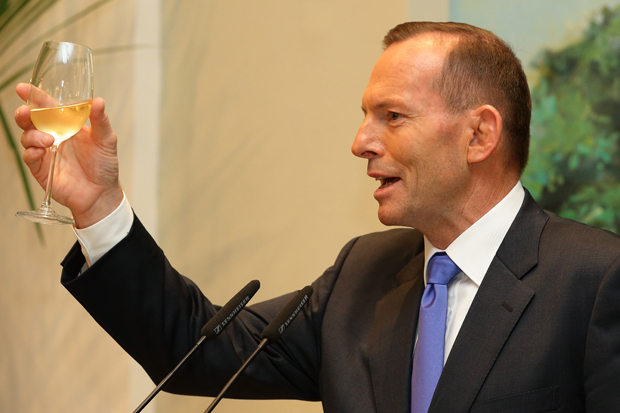
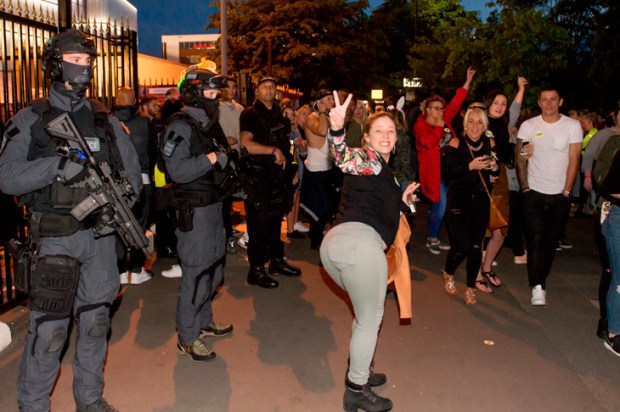
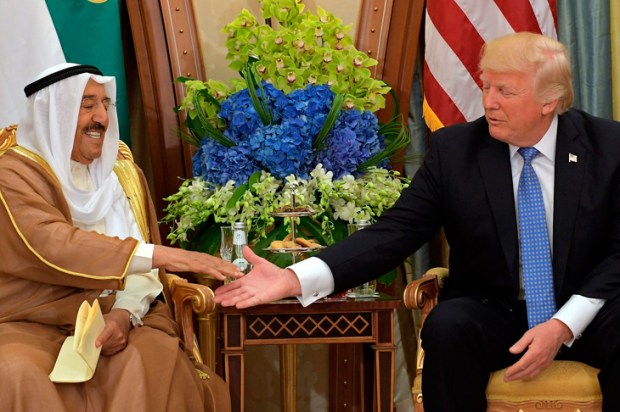

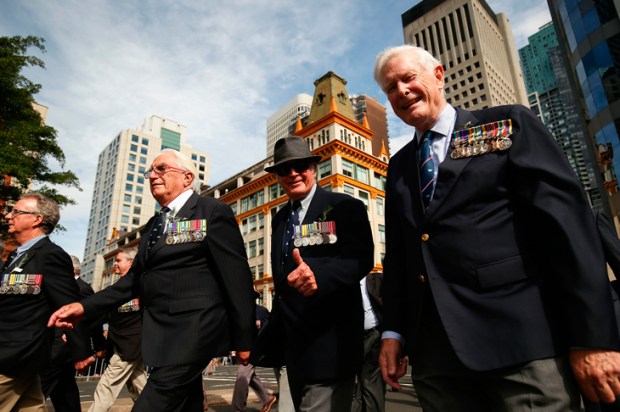
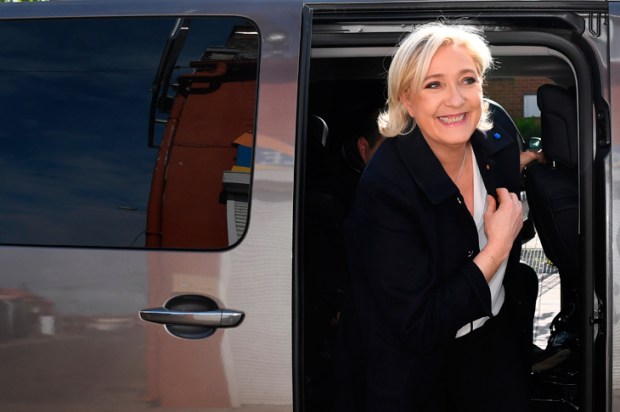
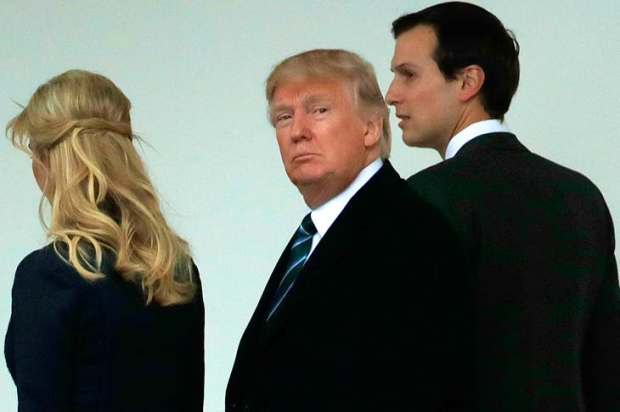






Comments
Don't miss out
Join the conversation with other Spectator Australia readers. Subscribe to leave a comment.
SUBSCRIBEAlready a subscriber? Log in